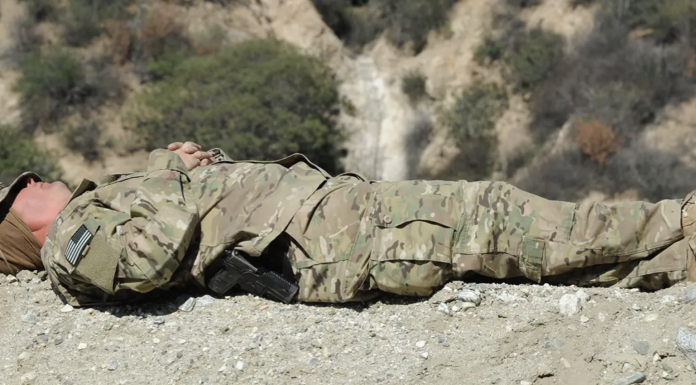
Oct 14, 2020
Naz Beheshti, Contributor |
Forbes – The U.S. Army has conducted a significant overhaul of its fitness training field manual. Behind this change is a new mindset: a redefinition of “soldier readiness” and what goes into peak performance.
Business leaders can draw some valuable lessons from the new holistic approach.
The embrace of naps draws the New York Times headline, but the new mindset is more far-reaching than that. Fundamentally, the revised manual is a recognition that peak performance does not come from relentlessly pushing ourselves.
We cannot be our best selves unless we also make time to rest and recover, reset and refuel, and connect with ourselves and a larger sense of purpose.
Interestingly, the Army’s interest in holistic health began years ago in its elite Special Operations units, bringing in trainers, dieticians, and wellness coaches. A holistic approach to well-being and peak performance is also what I practice as an executive wellness coach and corporate wellness consultant.
The earlier manual focused almost exclusively on Physical Readiness Training. That narrow focus has been replaced by a five-prong approach that also addresses Mental Readiness, Sleep Readiness, Nutritional Readiness, and Spiritual Readiness.

Each of these five areas must be considered thoroughly and deserves its own game plan—a lesson many hard-driving business executives have yet to learn. Wellness cannot be an afterthought or something covered in an occasional workshop or program.
Unless wellness is embraced comprehensively and as an integral part of your organizational culture, you and your employees will fall short of realizing your full potential.
The new manual also recognizes the limits of a one-size-fits-all methodology. Wellness programs must be customized and comprehensive for employees to achieve peak performance and well-being.
Previously, says Lt. Gen. David Barno, the Army “had an internal dynamic that real men don’t need sleep and can just push on.”
Today’s leadership is rejecting the doctrine that sleep is a luxury, and is instead recognizing that healthy sleep habits are essential to peak performance and sound decision-making.
According to sleep expert Matthew Walker, sleep is “the most glaring omission in the contemporary health conversation … ” Read more.



